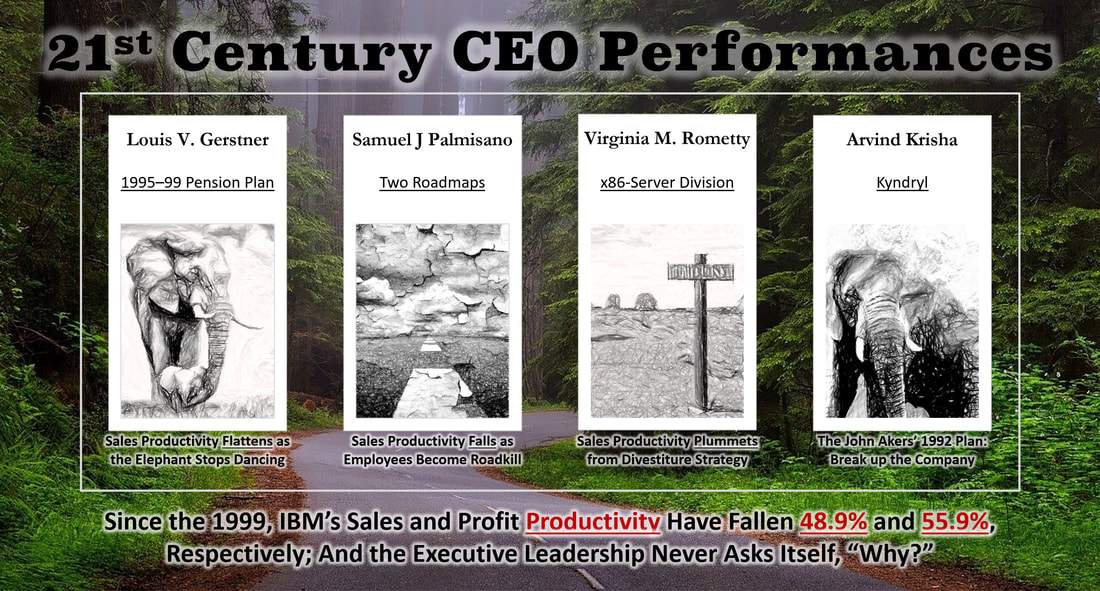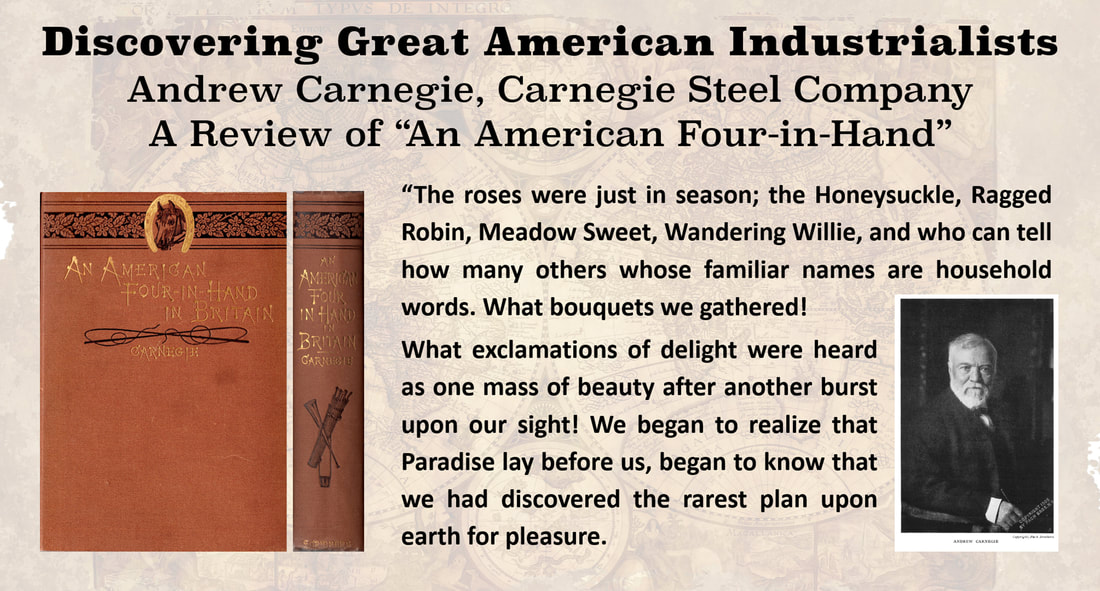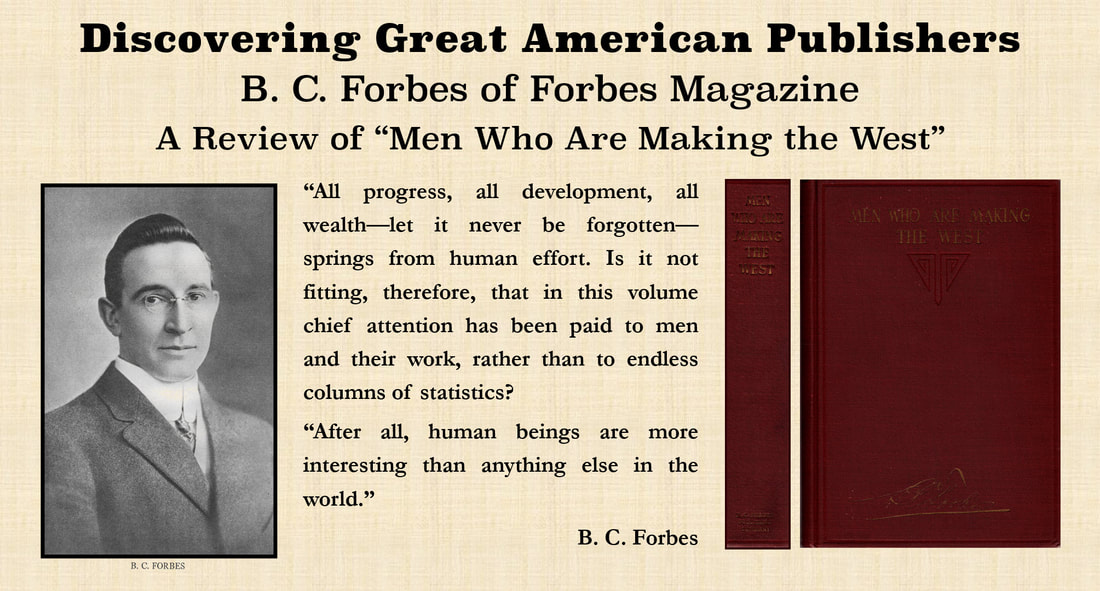|
"If you must pass through a desert to reach the smiling land of plenty, set forth bravely, and the hard journey across the waste places shall give strength to your feet. We derive benefit from the things we do not like and do nevertheless because they have to be done … and done—all the more conscientiously—because we do not like them. "Necessity teaches patience and obedience." Helen Keller, "An Apology for Going to College," 1905 This is an amazing article. Timeless in its wisdom. It should be considered as a mandatory read for all those executives who believe a college education unnecessary. I truly doubt that any of their struggles can compare with Helen Keller's. Every individual to achieve peace in life must learn the value and power of "delayed gratification." May Helen Keller rest in peace and be thanked for these insights, and may you also learn patience and obedience. … As Miss Keller wrote, they come from facing and overcoming "hard journeys." Peter E. Greulich Select the image or link provided below to read this article.
0 Comments
IBM's Chief Executive Officers' 21st Century Financial Information in ChartsThank you for all the inquiries about updating the 21st Century IBM information on my website. I know that everyone is anxious to get the latest data. The process I follow is not an analyst's quarter-to-quarter (or facetiously minute-to-minute) evaluation of the performance of the company. My data goes as far back as the founding of IBM in 1914 and my philosophy is that the best analysis of any company is an annual review which is always put into a historical perspective. In the case of IBM, I put its annual performance within the context of decades and a century of truly great, good, and bad corner office leadership. This year, like last year with the acquisition of Red Hat, will be a complicated analysis because of the divestiture of Kyndryl. I get to work on that information as soon as IBM releases its official Annual Report. In the meantime, enjoy what is on the site today. Select the image or link below to see charts summarizing IBM's 21st Century Performance. A Book Review of Andrew Carnegie's Book: "An American Four-in-Hand in Britain.""Nothing should be done that would tend to reduce diversity of talents in our [human] race. Everything should be done to increase it if possible; for it is through "variation" the progress of the [human] race has been achieved, and progress is the chief end of existence. "This is what we are here for, as is proven by the fact that progress from the lower to the higher has prevailed from the time this earth cooled and life began to appear. This is our God-like mission: that every individual in his day and generation push this march upward, so that each succeeding generation may be better than the preceding." Select the image or link below to read a review of "An American Four-in-Hand in Britain." A Book Review of B. C. Forbes' "Men Who Are Making the West."B. C. Forbes in "Men Who Are Making the West" rattles off the names of a literal list of Whos Who of "Eastern" American Industrialists:
I wonder how many of today's MBAs would recognize any of the western ranchers, industrialists, and bankers in this book by B. C. Forbes: "Men Who Are Making the West." I surely don't ask the question with any sense of superiority or intention of slighting a business education because I only recognized a few. Although B. C. Forbes is a little over-laudatory in his approach, he also presents solid facts that these men understood their responsibilities to their four stakeholders: customers, employees, shareholders and their shared societies. Select the image or link below to read the review of "Men Who Are Making the West." |
Peter E. GreulichPeter E. has been studying IBM and early American corporate history since his retirement in 2011. These are his thoughts and musings, and of those whose biographies and autobiographies he has read with links to articles and book reviews on this website. Contact the author directly.
|





 RSS Feed
RSS Feed